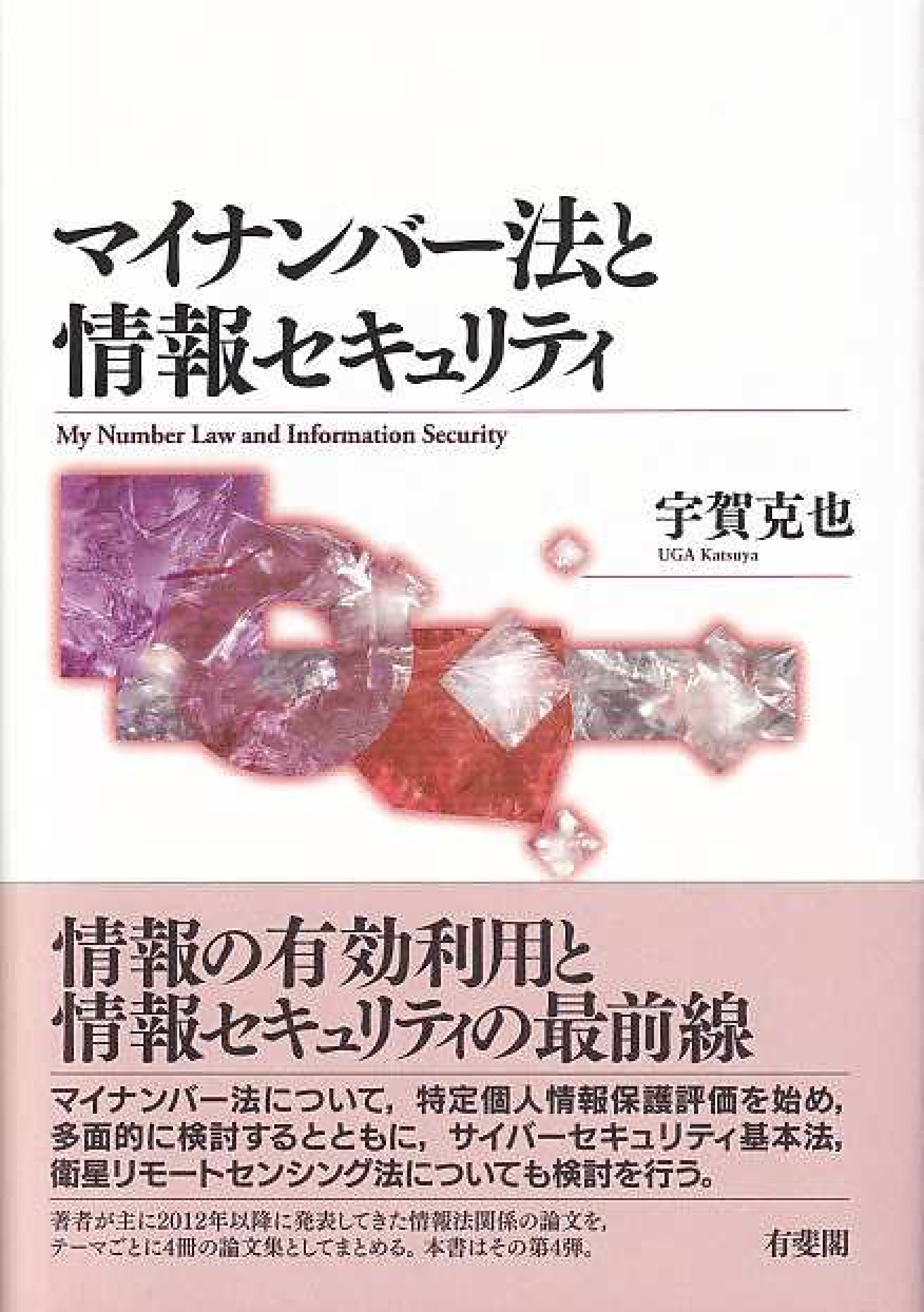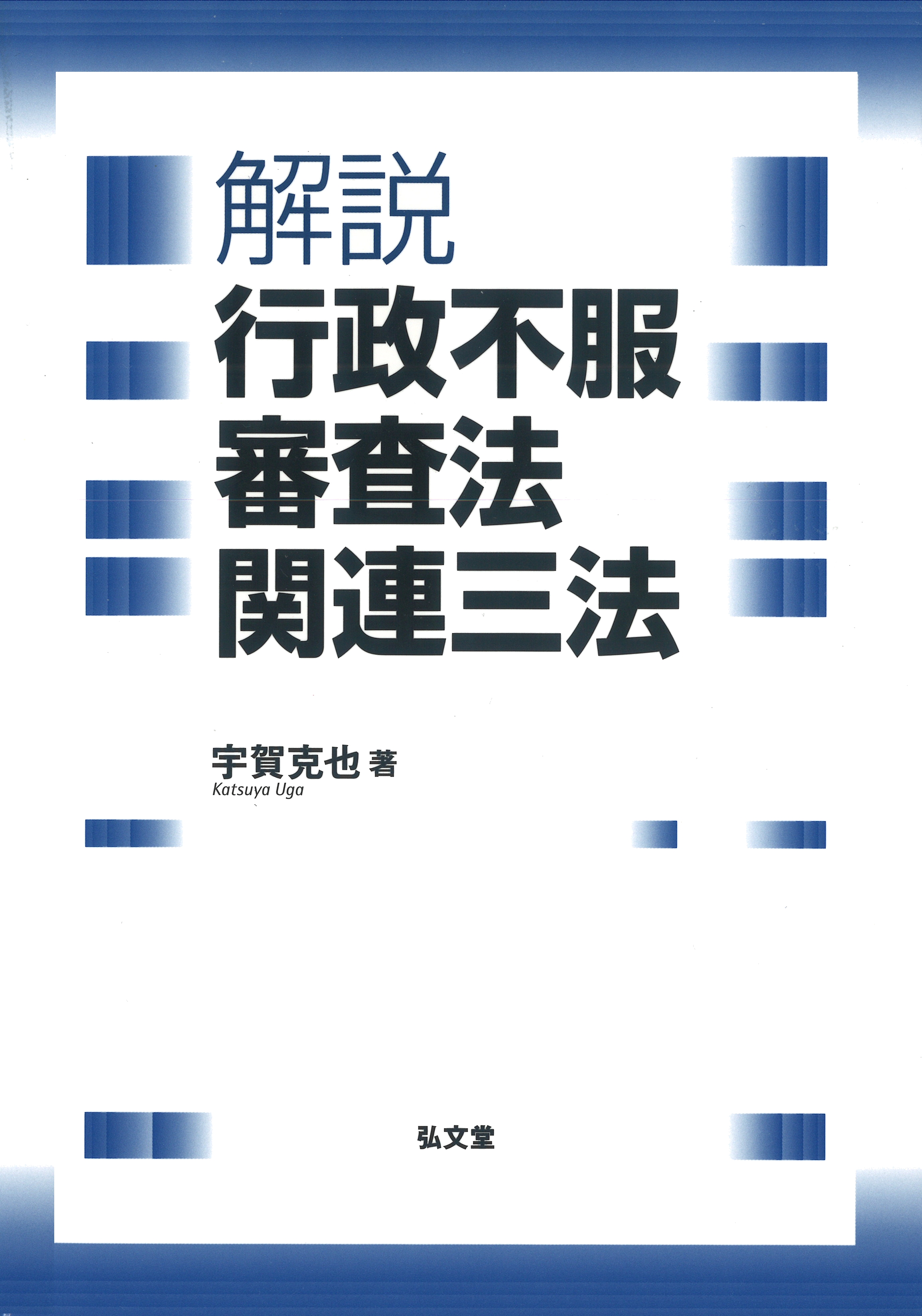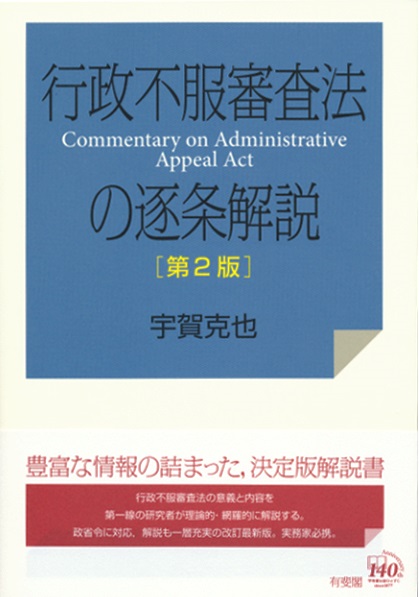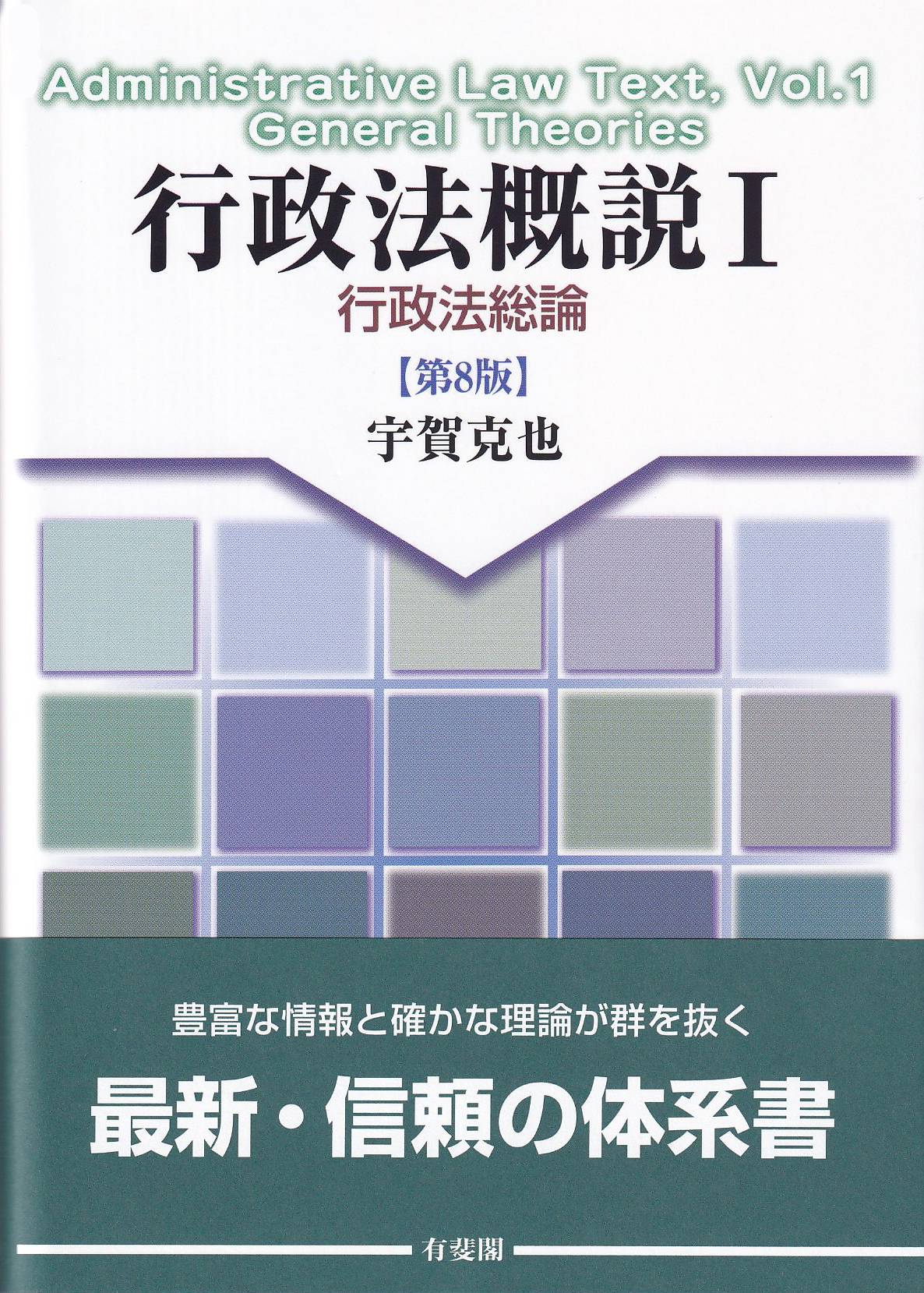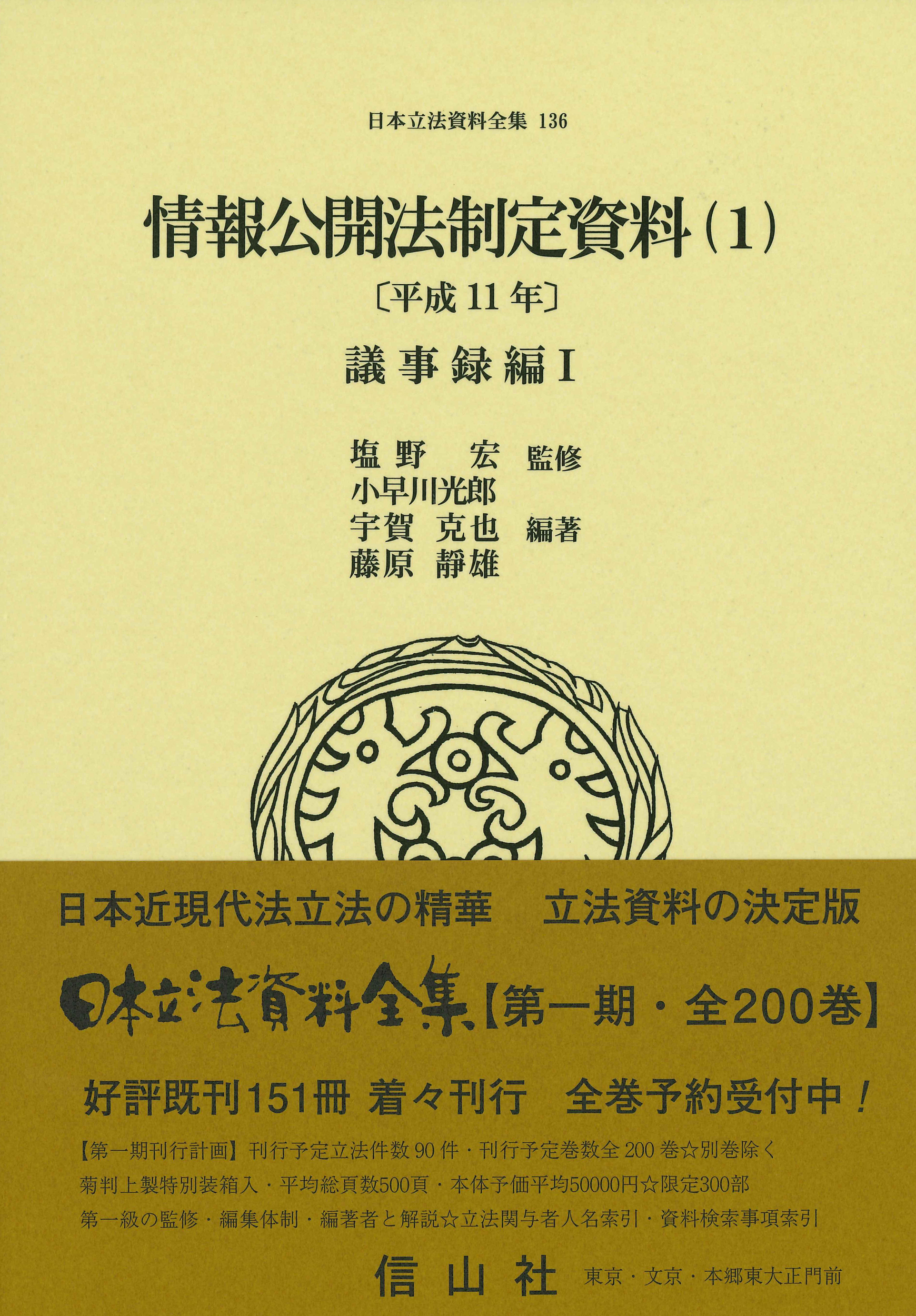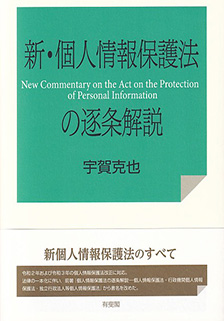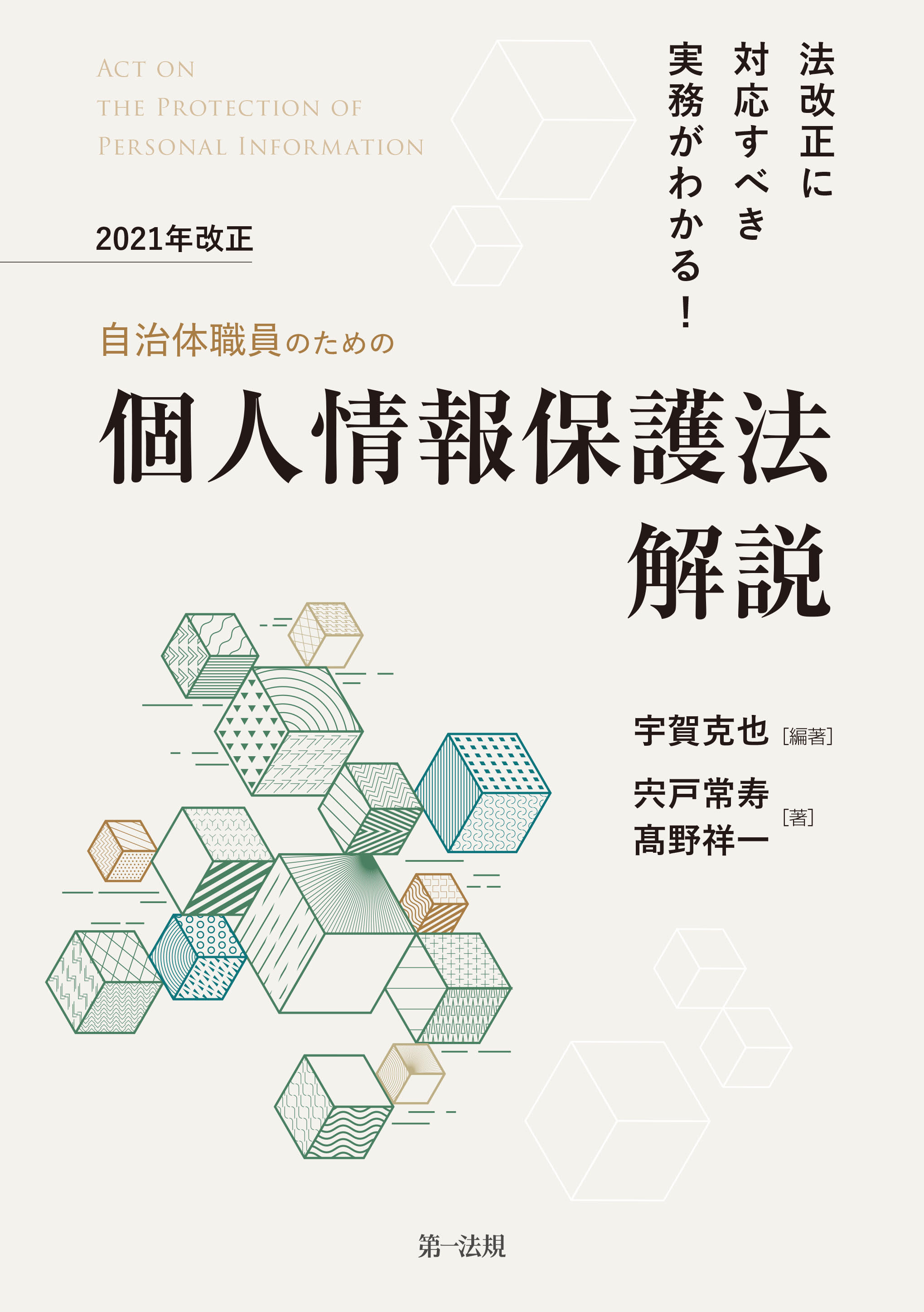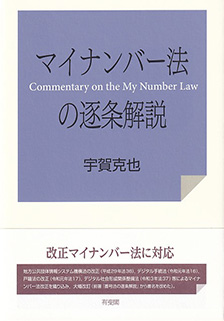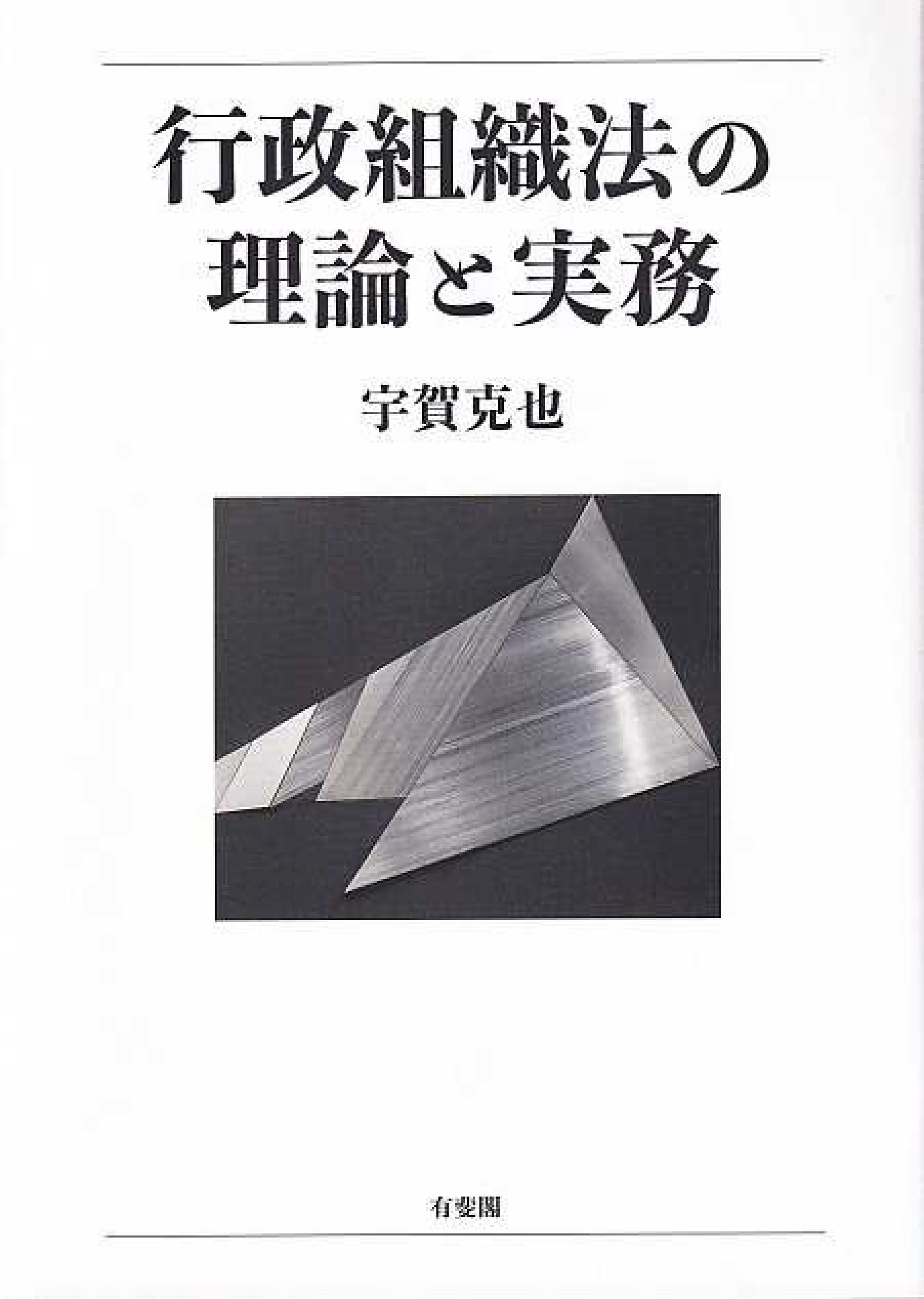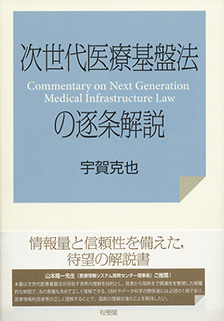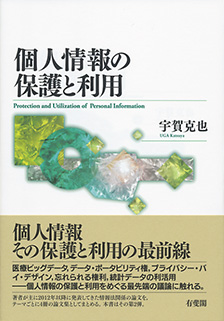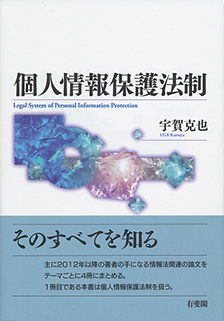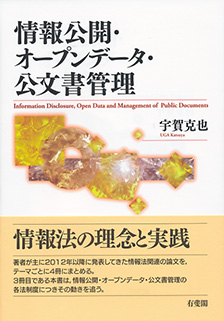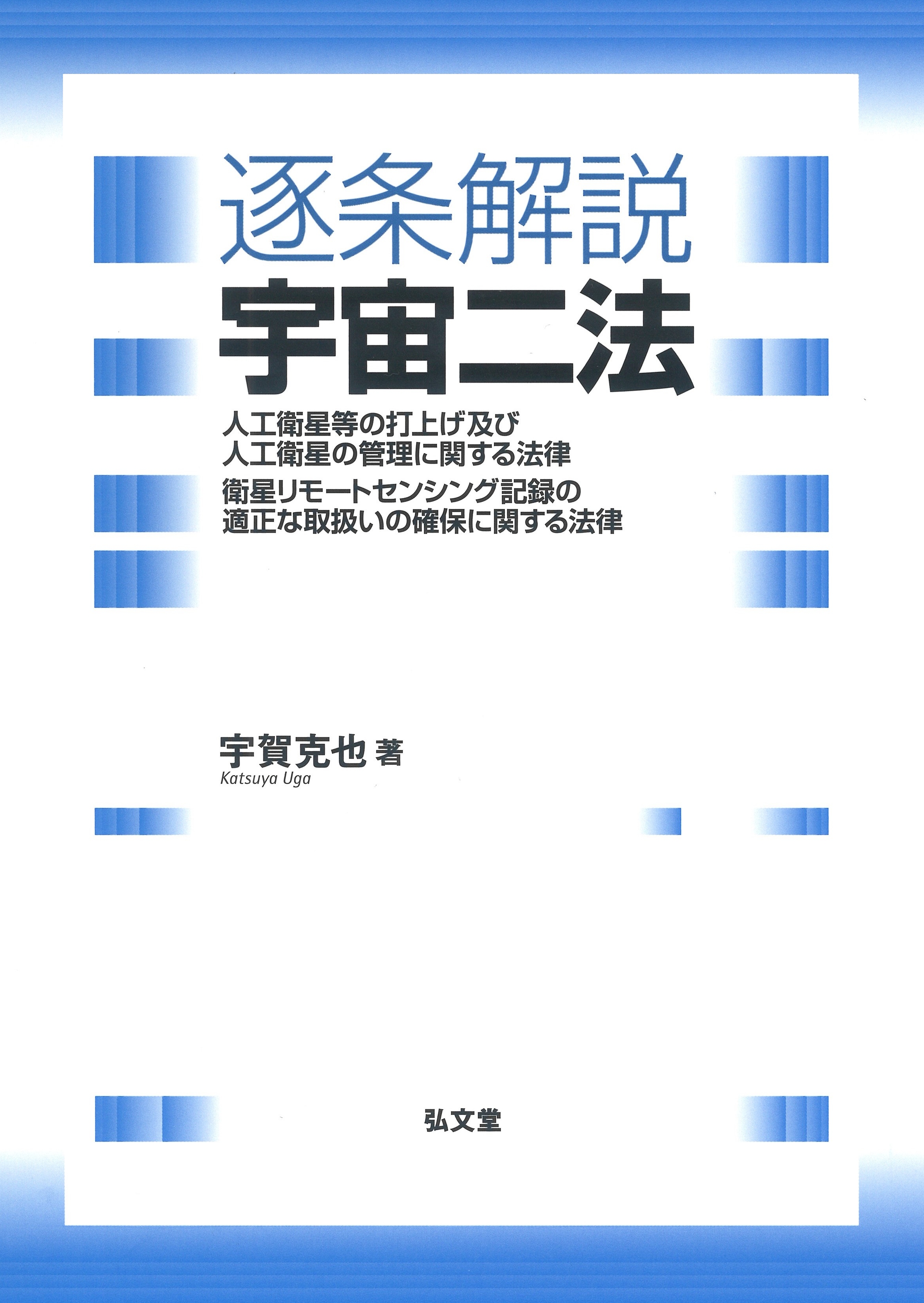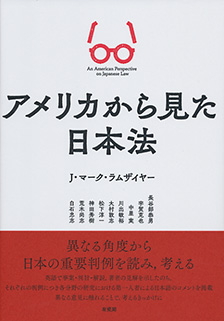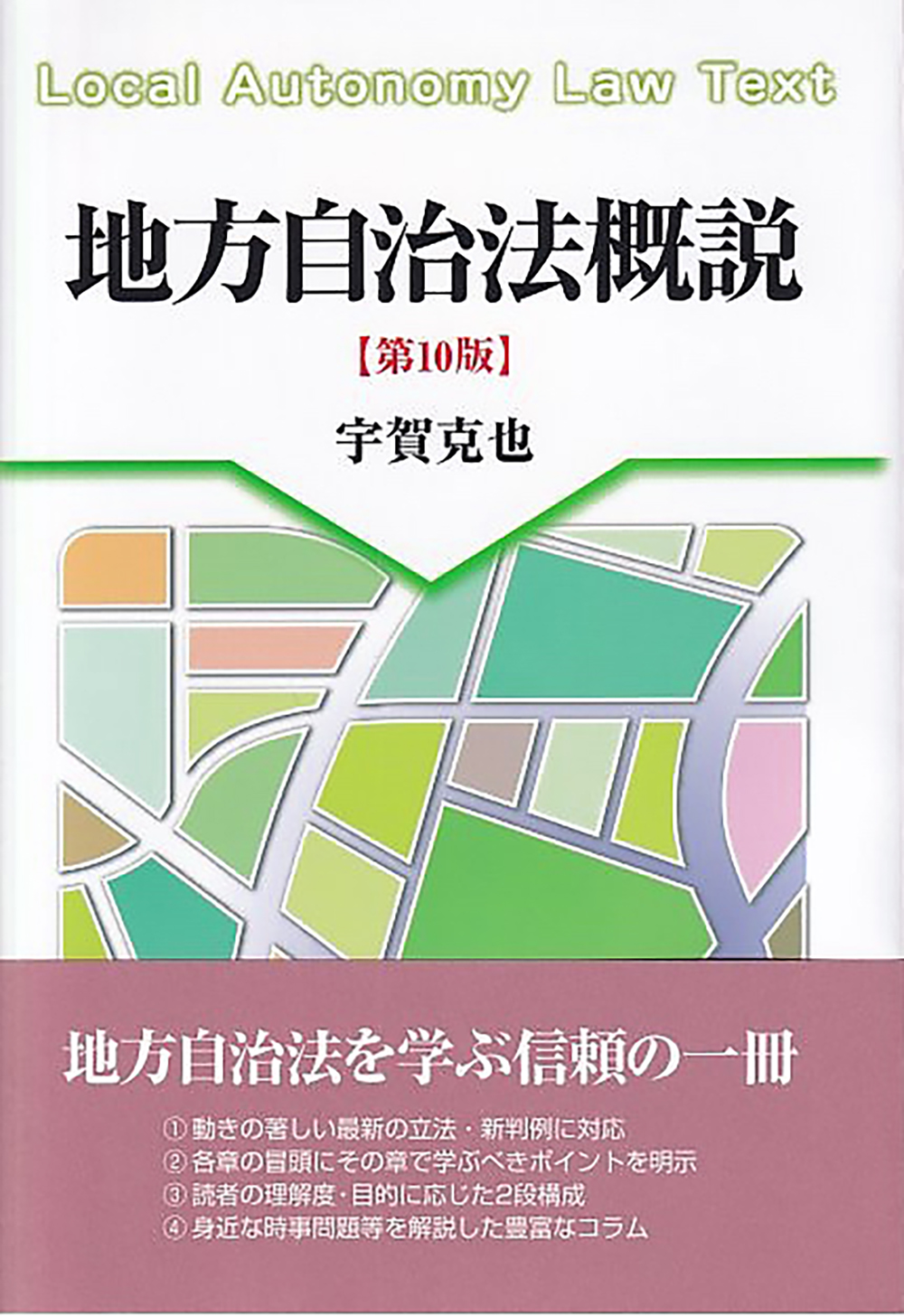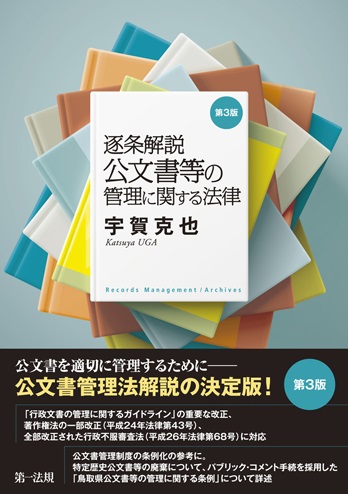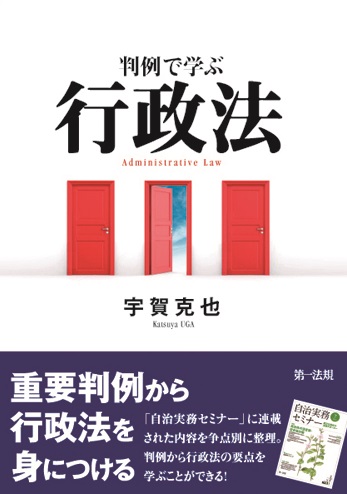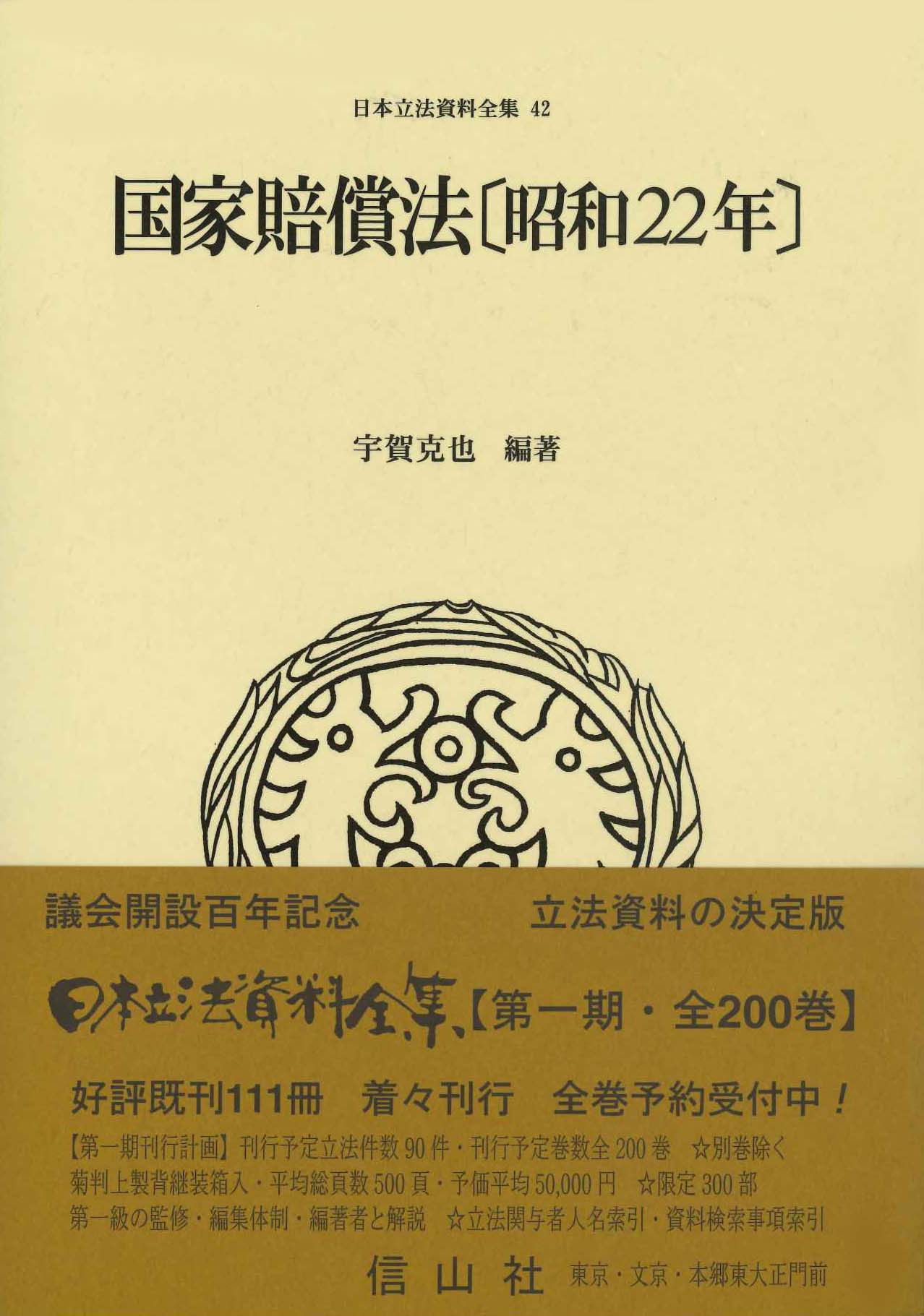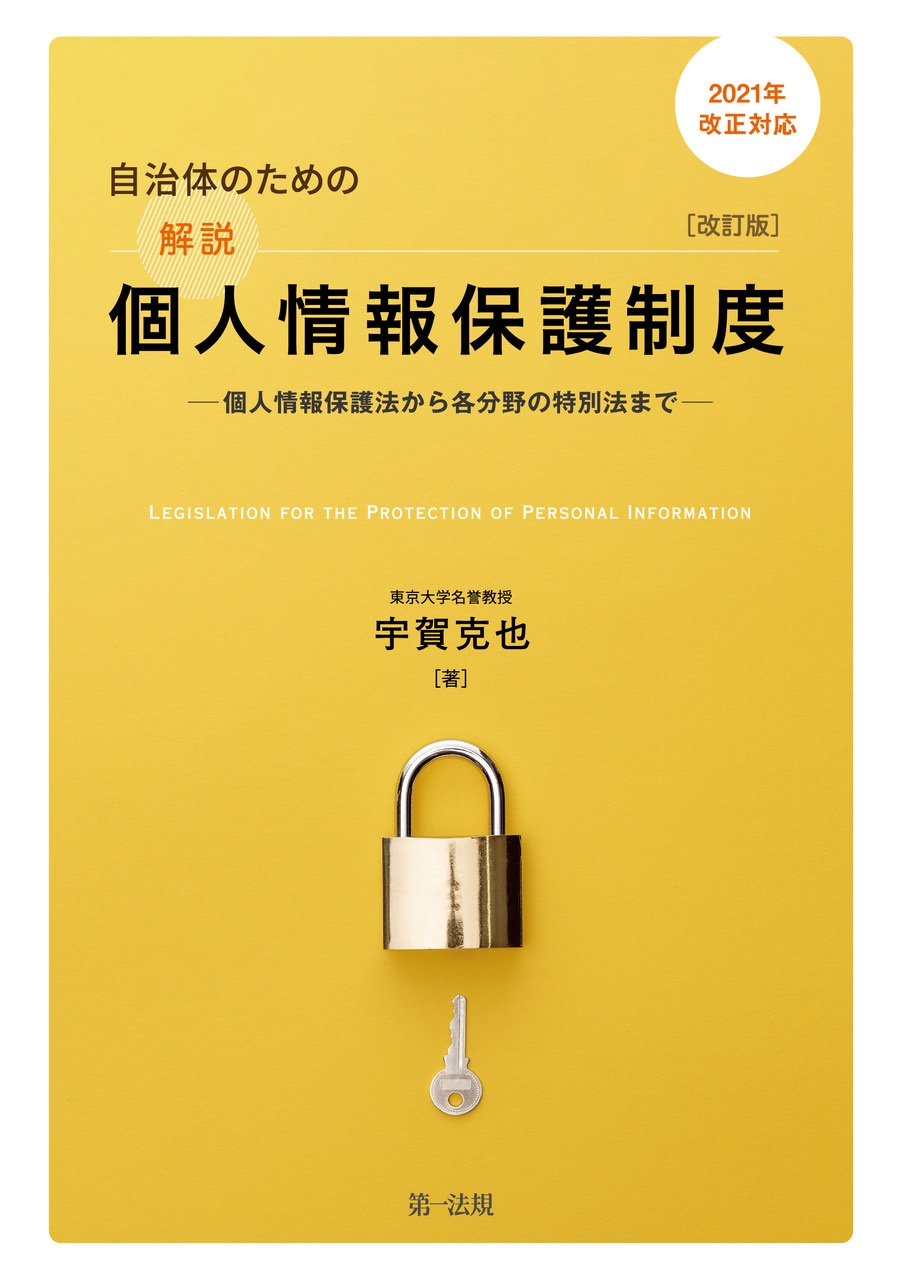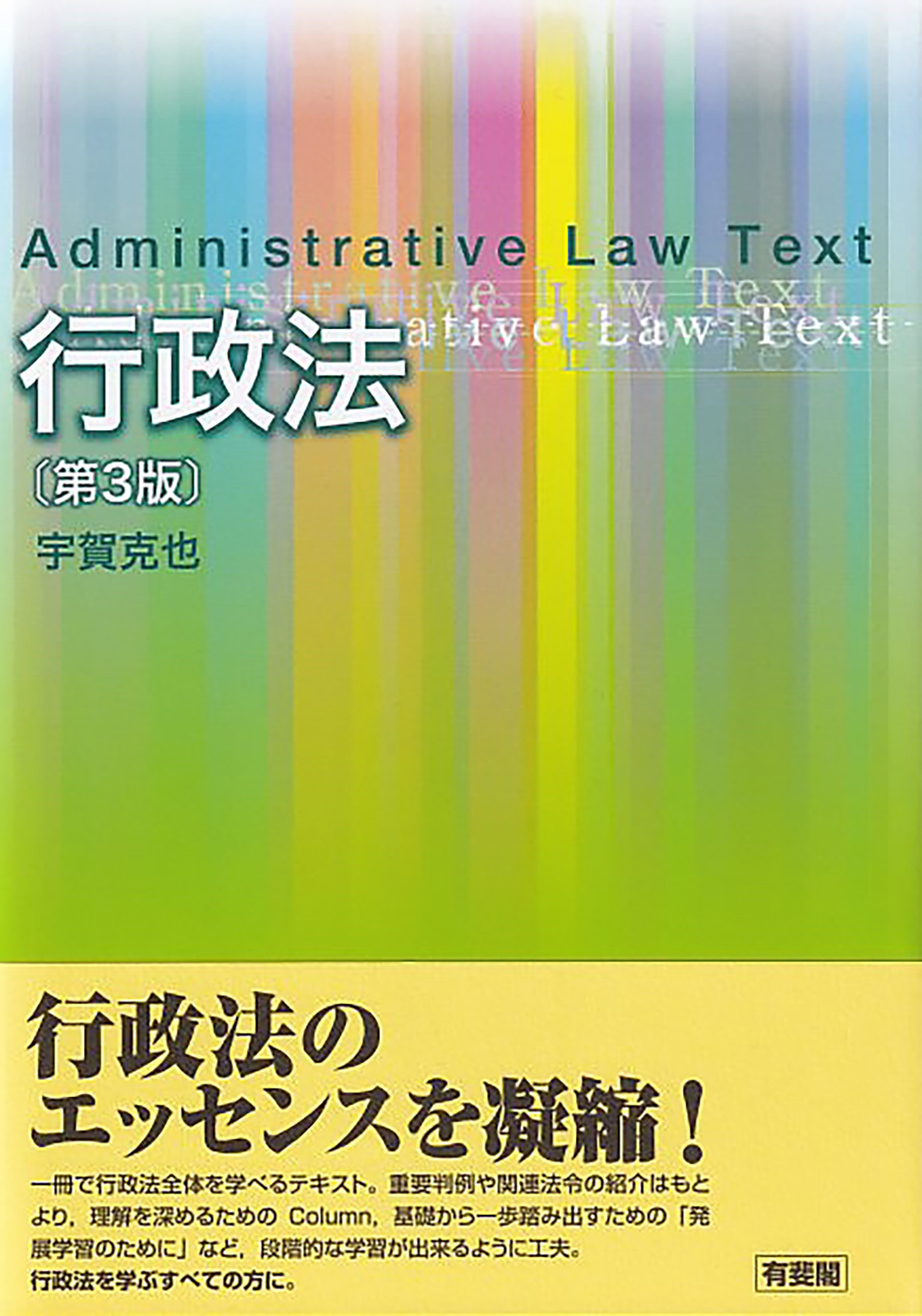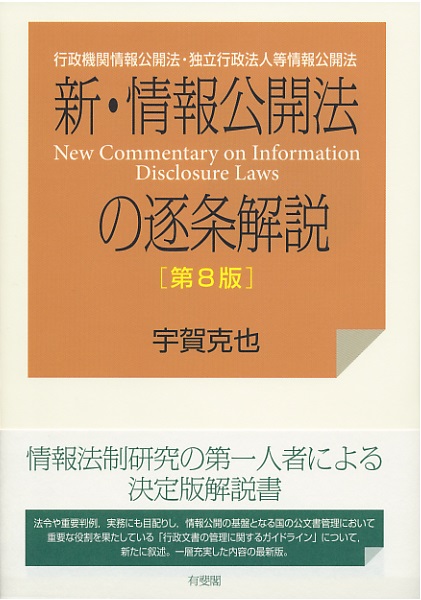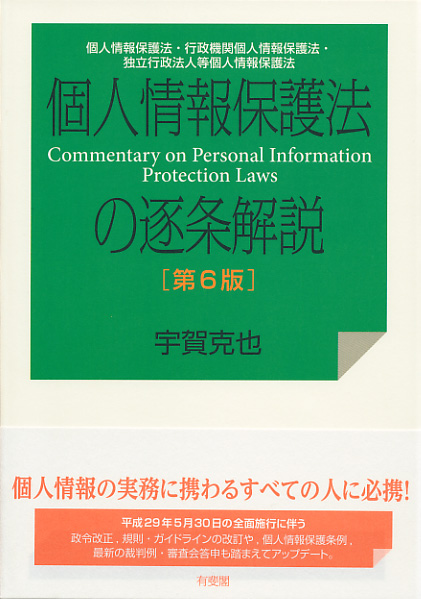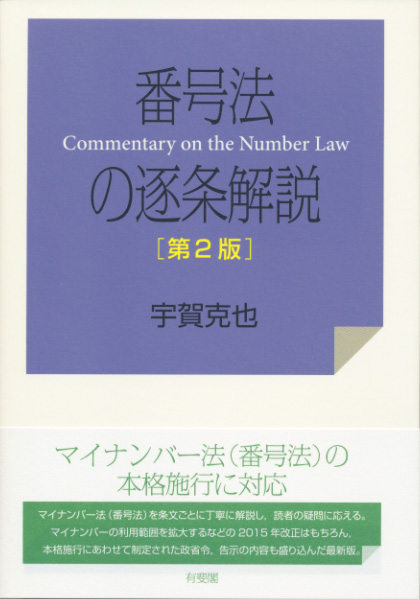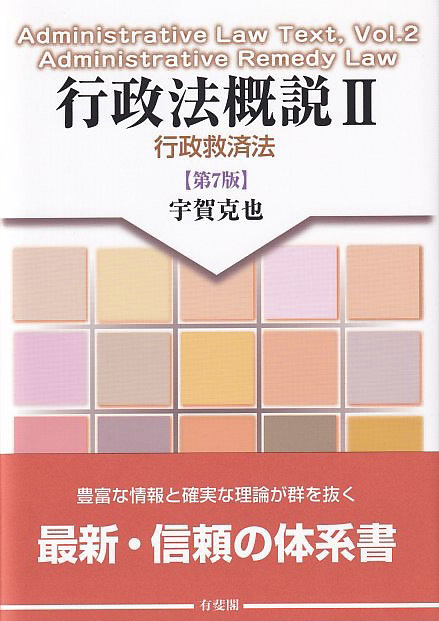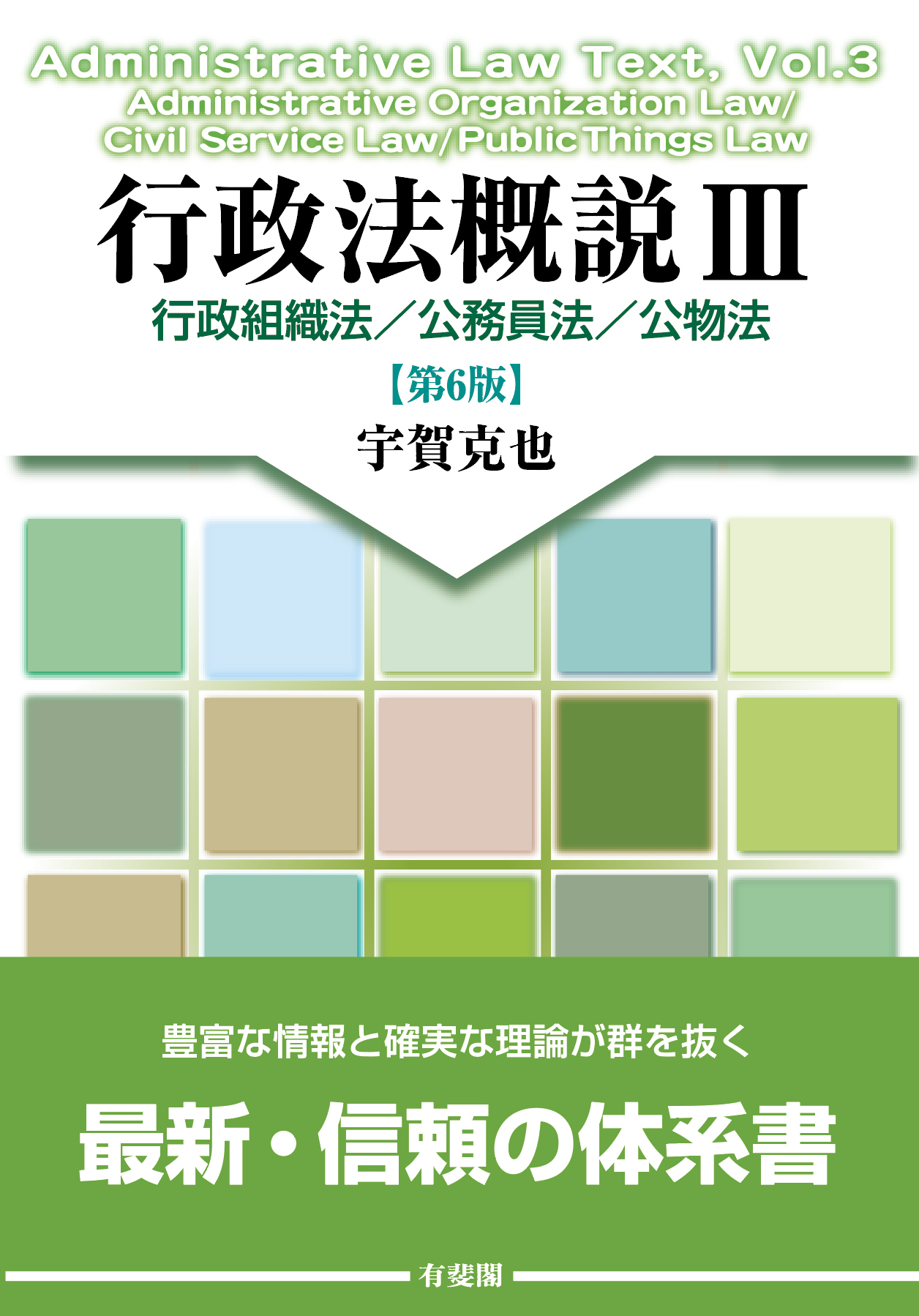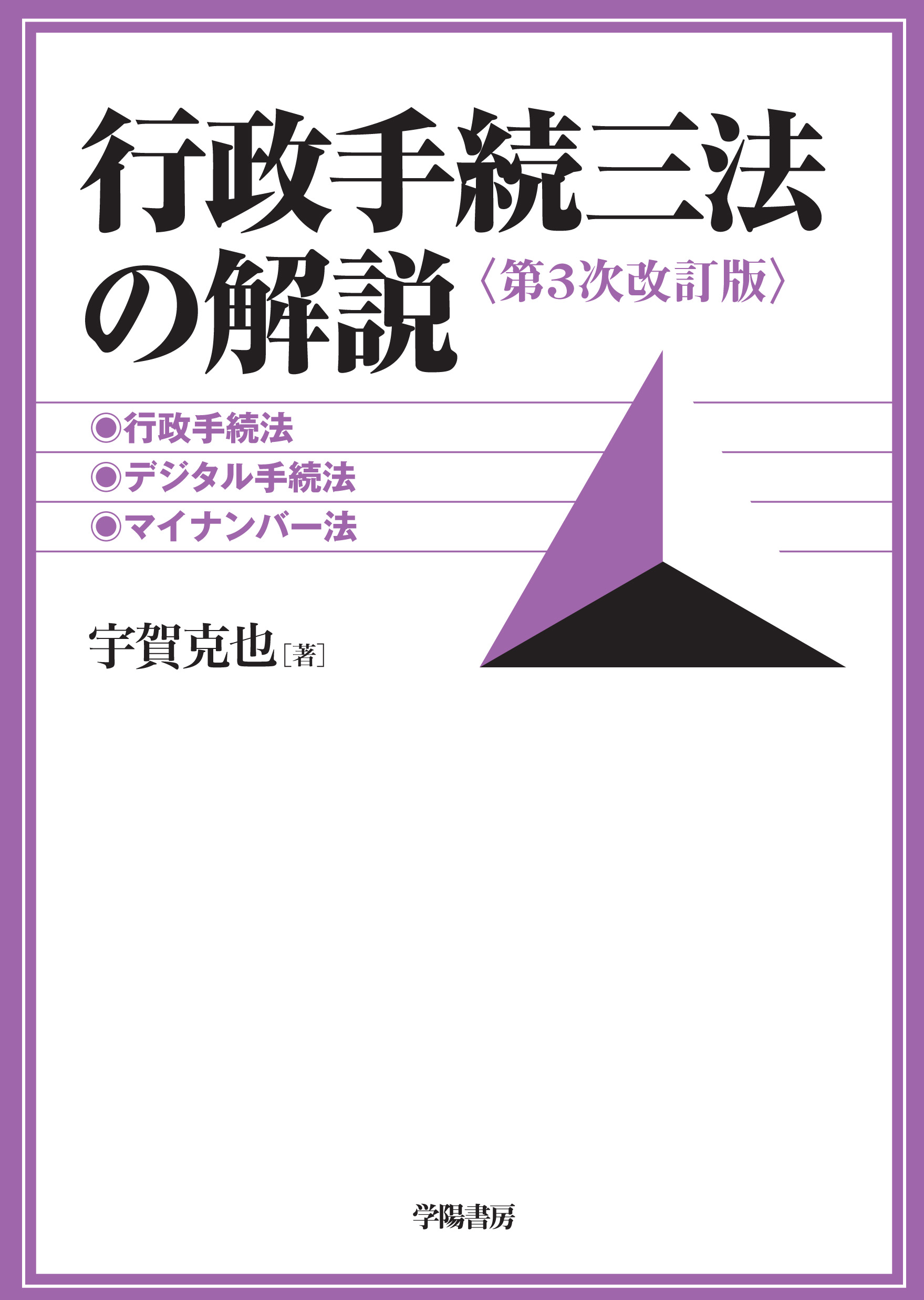
Title
Gyōsei tetsuzuki sanpō no kaisetsu (Commentary on Three Laws of Administrative Procedure [3rd Revised Edition])
Size
392 pages, A5 format
Language
Japanese
Released
April 25, 2022
ISBN
9784313312470
Published by
Gakuyō Shobō
Book Info
See Book Availability at Library
Misc.
Book info has been updated according to the latest edition (April 2022)
Japanese Page
The study Commentary on the Administrative Procedures Law was first published by Gakuyō Shobō in 1994, and it went through a total of six revisions (i.e., seven editions) before the title was changed to Commentary on Three Laws of Administrative Procedure in 2014. In effect, then, this present publication is the 11th edition of Commentary on the Administrative Procedures Law.
The three laws of administrative procedure under discussion here are: the Administrative Procedures Act, the Act on Promoting Public Administration utilizing Information and Communications Technology (the Digital Procedures Law), and the Act on the Use of Numbers to Identify a Specific Individual in Administrative Procedures (the My Number Law). This publication is a commentary on the general rules of administrative procedure related to these three pieces of legislation. In particular, the Administrative Procedures Act is given detailed coverage. Not only is there an explanation on interpretation of the Administrative Procedures Act, but the major judicial precedents are also set out. Another salient feature of this book is its coverage of particular administrative procedural local ordinances. As for the Online Administrative Procedures Law and the My Number Law, simply reading through their texts offers no guarantee of fully understanding their contents. Readers of this publication can expect to attain a good grasp of the essence of both of these laws. A wide range of interpretative issues have arisen from the switchover of administrative procedures from paper-based to electronic form, and the author has had an active research interest in how the computerization of administration would impact government ever since awareness of these issues began to emerge in Japan during the mid-1990s. Although the passage of the Online Administrative Procedures Law has resolved the bulk of the issues involved, such as verifying the timing of communications and recognizing e-signatures, there are still questions of interpretation that remain outstanding. Problems that this book covers include garbled text, viruses in application files, problems verifying the timing of communications when system failures occur, the question of whether it is possible to deny petitions involving spam mail as an abuse of rights, and the age-old problem whereby applications and reports filed on the last day of the deadline for receipt are recorded in administrative bodies’ computers as dated the following day. Also, at the end of the book, the texts of these three laws are given as a reference, along with the text of the Enforcement Ordinance of the Administrative Procedures Act. Thus, the reader can conveniently understand the legal texts while reading through this book without having to take the trouble to look up legal compendiums or databases. The reader who wants to delve deeper into these three pieces of legislation is also encouraged to make use of the bibliography supplied.
This article has been updated on April 2022
(Written by UGA Katsuya, Professor, Graduate Schools for Law and Politics / 2018)



 Find a book
Find a book


 eBook
eBook